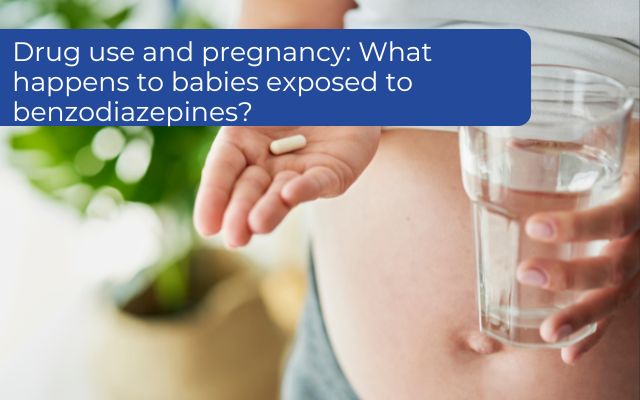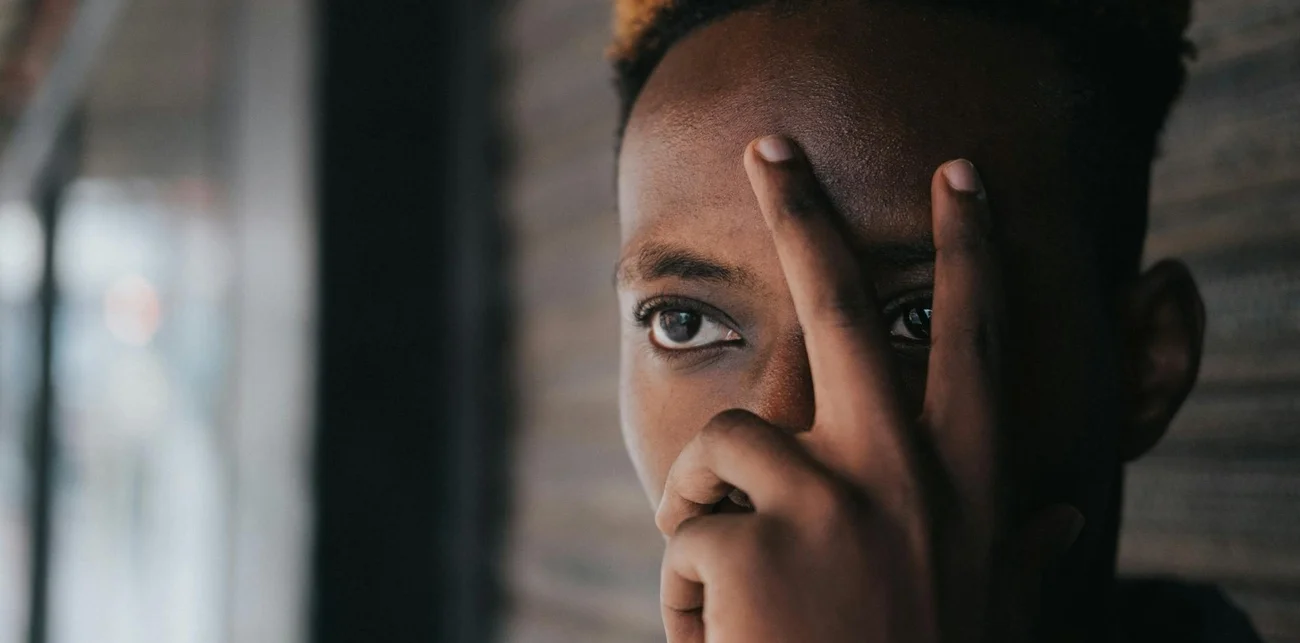Using benzodiazepines, commonly known as tranquilisers, during pregnancy can have serious consequences for infants. It may be very difficult for pregnant women who are addicted to benzodiazepines to read this post but it is intended to educate, not to judge. We urge you to seek treatment sooner rather than later for the best outcomes for you and your baby. Drug and alcohol use during pregnancy can affect the development of the baby in a number of ways. In this blog we will take an in-depth look at the ways in which benzodiazepines can affect an unborn foetus and a newborn baby. We will also look at the long-term impact on children exposed to these medicines in the womb.
What are benzodiazepines and how common are they in SA?
Benzodiazepines are used for the short-term treatment of anxiety, insomnia, alcohol withdrawal, GHB withdrawal and, in some cases, seizures. They were developed over 50 years ago and were marketed as a safer alternative to barbiturates. By the 1970s they were the most commonly prescribed medication in the world. However, by the mid-1970s benzodiazepine abuse and addiction became a noticeable concern.
They are not recommended for use beyond two to four weeks because tolerance and dependence can rapidly develop into a full-blown addiction.
If people who have been taking these drugs for a sustained period of time suddenly stop using, they can experience withdrawal symptoms that can range from mild to fatal.
Common benzodiazepines include Valium or Pax (diazepam), Xanax or Xanor (alprazolam), Urbanol (clobazam), Rivotril (clonazepam), Rohypnol (flunitrazepam) and Ativan (lorazepam).
Not much research exists on the extent of benzodiazepine misuse and addiction in South Africa, but one study found that benzodiazepines were the medications most misused by patients attending addiction treatment in Cape Town from 1998 to 2000.

Dropped our loved one in the safe hands of Changes Northcliff 2 years ago. We are forever grateful for the transformation we have experienced. The facility is receptive and staff are professional and compassionate.
On the 7th February 2007, I found a place that cared as much for me and my recovery as I possibly do today. I met with Sheryl and completely removed all the masks I had worn for years.
My nephew has been battling drug addiction for years and was isolating. Since he went to Changes Rehab, he is no longer isolating. He engages with us and has been sober. We got one of our own back.
I'm proud of the family we are at Changes and the work we do because it comes from our heart and care. Due to that care, we change lives. Changes Treatment Centre is where we make change without fear.
Filled with love and rules, Changes will get you on the straight and narrow and help you find the real you. The structure and support they provide are truly life-changing, I am a very different person today.
Benzodiazepines and pregnancy
Studies have found a link between benzodiazepine exposure in the womb and babies being born with small head circumferences. Babies exposed to benzodiazepines have also been found to be more likely to be admitted to neonatal ICU.
Research on birth defects is inconclusive, although one study found that there was a higher chance of heart defects if a prescription for the benzodiazepine alprazolam was filled during a pregnancy. However, the study authors note that filling a prescription does not prove these medicines were used.
A study found that taking more than 4mg of the benzodiazepine clonazepam slightly increased the odds of having a miscarriage.
Some large studies have found that benzodiazepine use during pregnancy increases the risk of babies being born prematurely (before 37 weeks) as well as having a low birth weight (less than 2.5kg).
Premature babies are at risk of a number of complicated medical and developmental problems although there are many preterm babies who do not experience complications. Short-term complications include breathing, heart, brain, temperature control, and immune system problems. Long-term complications include learning, vision, hearing, behavioural and psychological problems as well as cerebral palsy and other chronic health issues.
Babies with a low birth weight can be healthy but many are not. They are 20 times more likely to develop complications and die compared to babies of normal weight.
Another study found that maternal use of benzodiazepines was associated with higher rates of c-section deliveries.
Women are up to three times more likely to die during a caesarean delivery compared to a natural vaginal birth. Babies born by caesarean section are more likely to have short- and long-term breathing problems such as asthma.
The long-term impact on children of being exposed to benzodiazepines before birth has not been well-studied but some research has linked exposure to increased levels of anxiety, depression and fearfulness in toddlers.
A 2019 study found a link between benzodiazepine exposure in the womb and gross motor as well as communication deficits in children.
Some babies born to mothers who use benzodiazepines experience withdrawal symptoms including difficulty regulating body temperature and breathing, low energy, poor feeding, vomiting, jitteriness and excessive crying.
A study on women who received benzodiazepines during the 30 days prior to delivery found that 20% of babies delivered to these women experienced a withdrawal syndrome with tremors being the most common symptom.
The United States’ Food and Drug Administration list some benzodiazepines in category D and others in category X of their five pregnancy categories. Category D is the second most dangerous category, after category X, and means that there is “positive evidence of human fetal risk based on adverse reaction data from investigational or marketing experience or studies in humans” but benefits might outweigh risks. Category X means that the risks to babies categorically outweigh any benefits.
We have described the risks associated with using benzodiazepines in pregnancy according to the available scientific evidence. It is important to help pregnant women addicted to benzodiazepines access treatment as soon as possible to limit this risk.
Are you in need of treatment for benzodiazepine addiction? Contact us today!
Drug use and pregnancy can put babies exposed to benzodiazepines at risk of withdrawal, breathing and feeding problems and long term developmental harm. Changes team counsellors are here to help you.Drug Use And Pregnancy Benzodiazepines Can Harm Newborns










